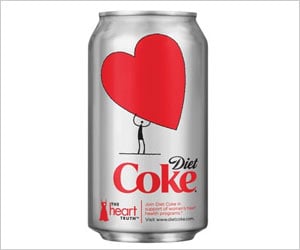Countries having strict social rules and behavioural etiquettes may actually heighten drinking cultures, usually characterised by unruly or bad behaviour, says a new report.
A new report has suggested that cultures with strict social rules and etiquettes for behavior may actually be encouraging drinking cultures, generally characterized by unruly behavior.
The report on alcohol and violence has enlisted cultural features that may predict levels of violence such as homicide and spousal abuse.Titled, "Alcohol and Violence: Exploring Patterns and Responses," the report has analyzed the link between alcohol and violence through the disciplines of anthropology, clinical psychology, human rights law, gender, and public health.
"We need to look more closely at the meaning attached to both drinking and violence in different cultures, without assuming that the one causes the other," said Anne Fox, PhD, a contributor to the report and founding director of Galahad SMS Ltd. in England.
She said that certain cultural features, if present, can largely predict levels of homicide, spousal abuse and other forms of violence.
Violence-reinforcing cultures tend to share the following features:
1. Cultural support (in media, norms, icons, myths, and so on) for aggression and aggressive solutions.
3. Glorification of fighters.
5. Corporal and capital punishment.
6. Socialization of male children toward aggression.
7. Belief in malevolent magic.
8. Conspicuous inequality in wealth.
9. A higher than normal proportion of young males in the society.
10. Strong codes of male honor-in general, societies and subgroups that actively subscribe to strong codes of honor tend to have higher rates of homicide.
11. A culture of male domination.
Fox has argued in her paper, titled "Sociocultural Factors that Foster or Inhibit Alcohol-related Violence," that efforts to counteract a "culture of violence" and "the male propensity for aggression" should be channeled toward altering "beliefs about alcohol" and "social responses to violence and aggression."
The study was released by International Center for Alcohol Policies (ICAP).
Source-ANI
TAN
 MEDINDIA
MEDINDIA



 Email
Email





